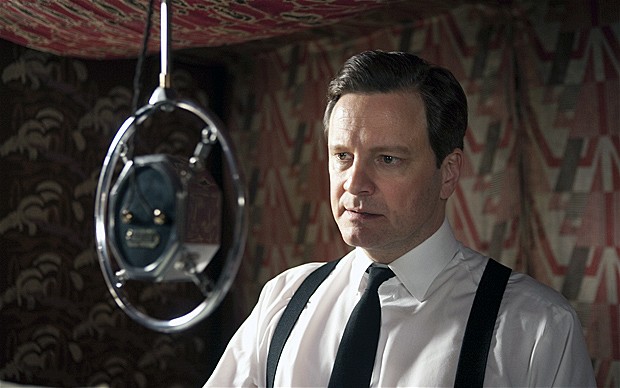How to be authentic? What does that actually mean? And who am I without my accomplishments – past, present or future? We all hang labels on ourselves and others. Indeed we’re pretty much trained to do this from the get go. We define ourselves by our jobs, specific roles, industry sectors, educational backgrounds, family backgrounds, race, religion…. But and this is kinda impossible to do, who are we if we could strip away those societal layers..? Would that stripped down person be our natural, authentic self..?
Meet New People
Intriguing and illuminating Harvard Business Review article on how to just be yourself when meeting new folk at a conference. https://hbr.org/2012/03/how-to-attend-a-conference-as.html
Many of us label ourselves according to our professional role and thats the prism we then view life through. When meeting people for the first time we tend to offer up “I’m an engineer” or “I’m an actor” etc quite readily. In so doing we label ourselves and attempt, albeit subconsciously, to restrict other people’s perceptions of us into the pre-determined arena we would rather they see us in.
It is controlling behaviour and smacks of inherent fear. Great advantages lie in store for those willing to temporarily suspend the importance of their titles, rank and status and just be in the moment. We are all imperfect and vulnerable. If we can trust ourselves to show some of that vulnerability to others, then those people will trust us – because they will see their own vulnerabilities reflected back – and so they will know us.
Allowing Ourselves to be Authentic
If we could allow our ego’s to chill out and just be in the moment, viewing the familiar and unknown with the same optimism then we get out of our own way. Then we strip layers of padding – our role, company etc – away and are more vulnerable and open to change and new experiences. Which in turn lead to new adventures as our authentic selves, personally and professionally.
Sartaj Garewal is the founder of Dynamic Presenting – a creative, leadership development consultancy, adapting theatre training to create leadership programs for business.
Dynamic Presenting – Enabling Powerful Communication






